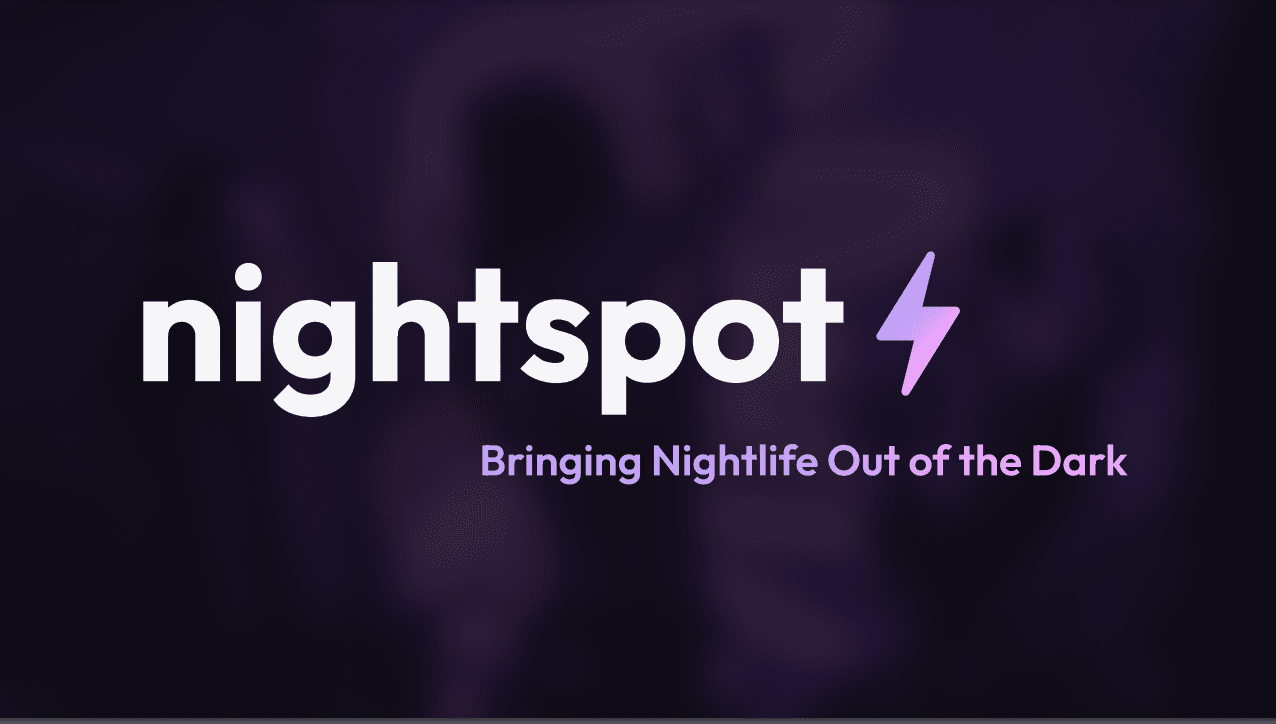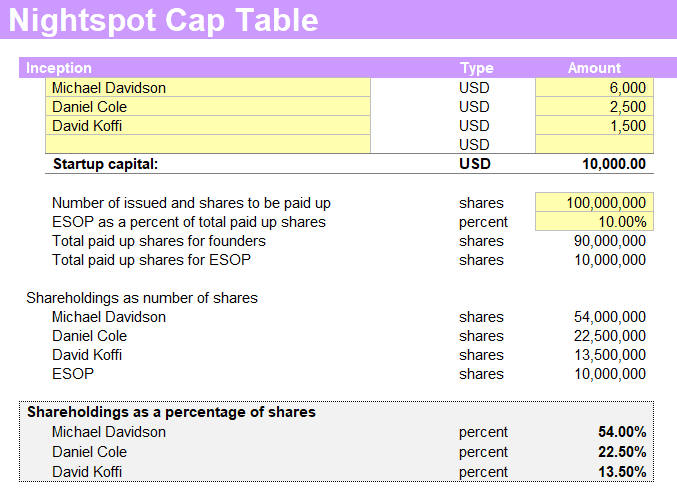- Guests: Bar-goers struggled to decide on nightlife plans, often relying on their friends for recommendations. Bar-goers also felt social anxiety if they did not have multiple connections to interact with at a bar.
- Venues: Bars & clubs had limited control over their marketing channels and couldn't effectively track the success of their efforts, relying heavily on organic referrals.
- Suppliers: Companies like Anheuser-Busch lacked insight into end-customer consumption, as they only had access to data from production to distribution. This limited their ability to understand consumer preferences and behavior.
- Guests: Nightspot utilized a real-time social mapping feature that displayed the location of friends at various nightlife venues. The platform used Fidel API to securely draw transaction data, which enabled seamless updates on where friends were going based on their spending activities. This provided guests with a socially enriched experience, reducing uncertainty and alleviating social anxiety.
- Venues: Nightspot empowered venues by leveraging user network effects through data-driven marketing visibility. The platform used transaction data to automatically show friends' visits on the app, effectively converting individual guests into brand ambassadors. Venues could track customer engagement and foot traffic, allowing them to optimize promotional campaigns based on real-time insights.
- Suppliers: Nightspot provided suppliers with detailed end-customer consumption data, previously unavailable due to the lack of direct consumer insights. By collecting data such as drink purchases and venue preferences, Nightspot enabled suppliers to make data-backed decisions on marketing strategies and inventory management. The technical innovation involved creating a dashboard for suppliers that synthesized this data into actionable insights, allowing them to target specific demographics more effectively.

